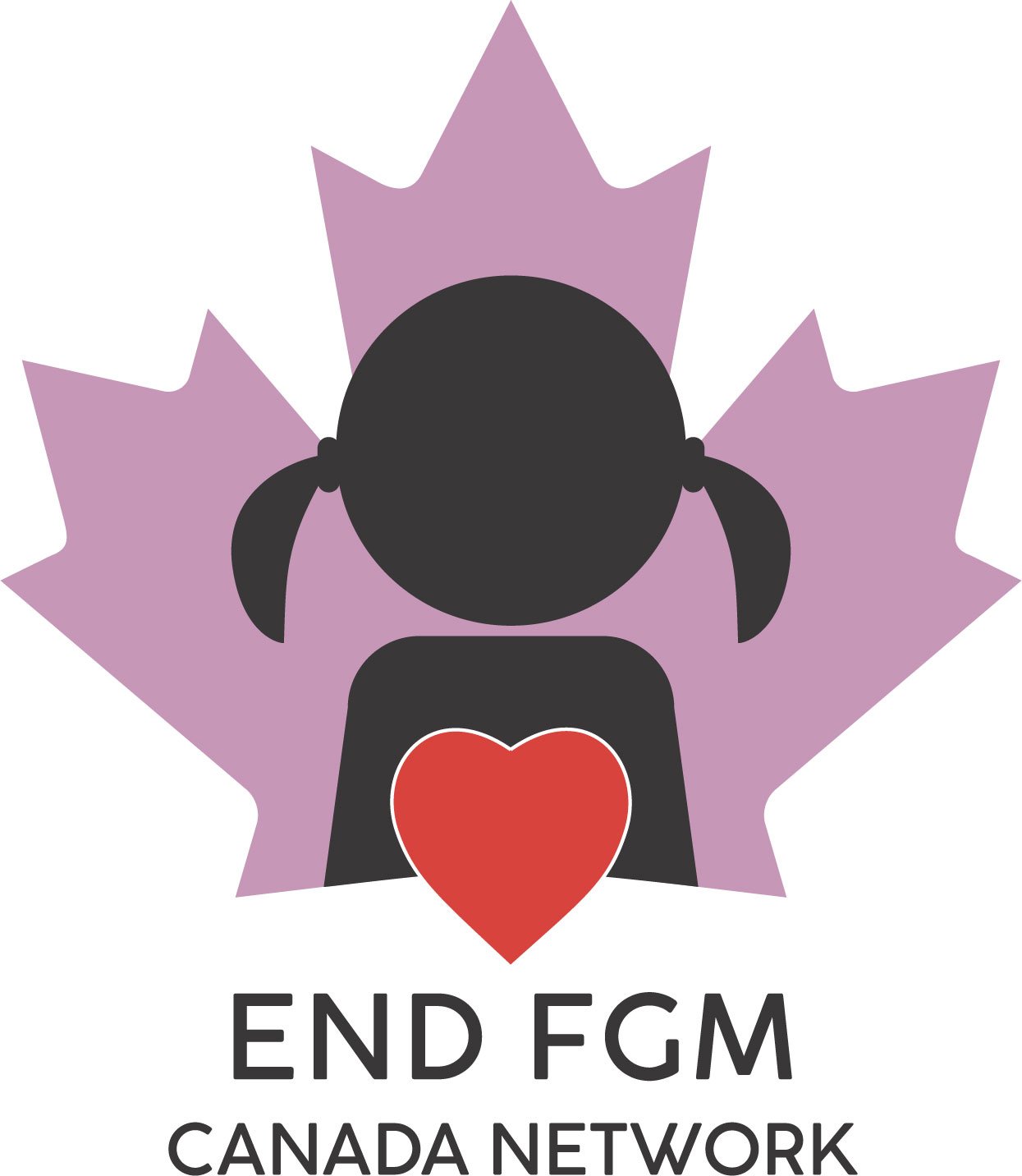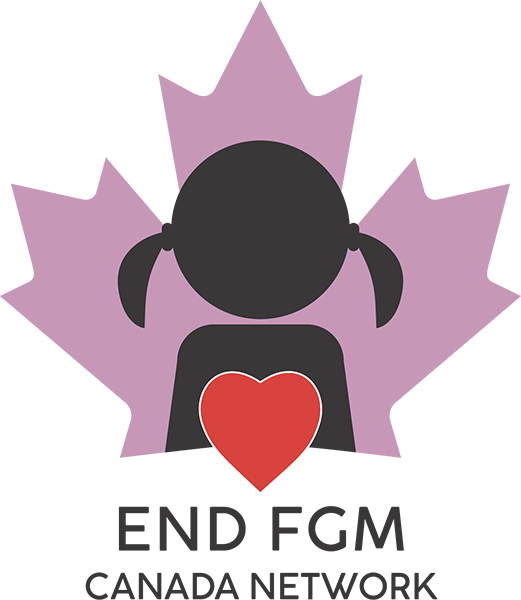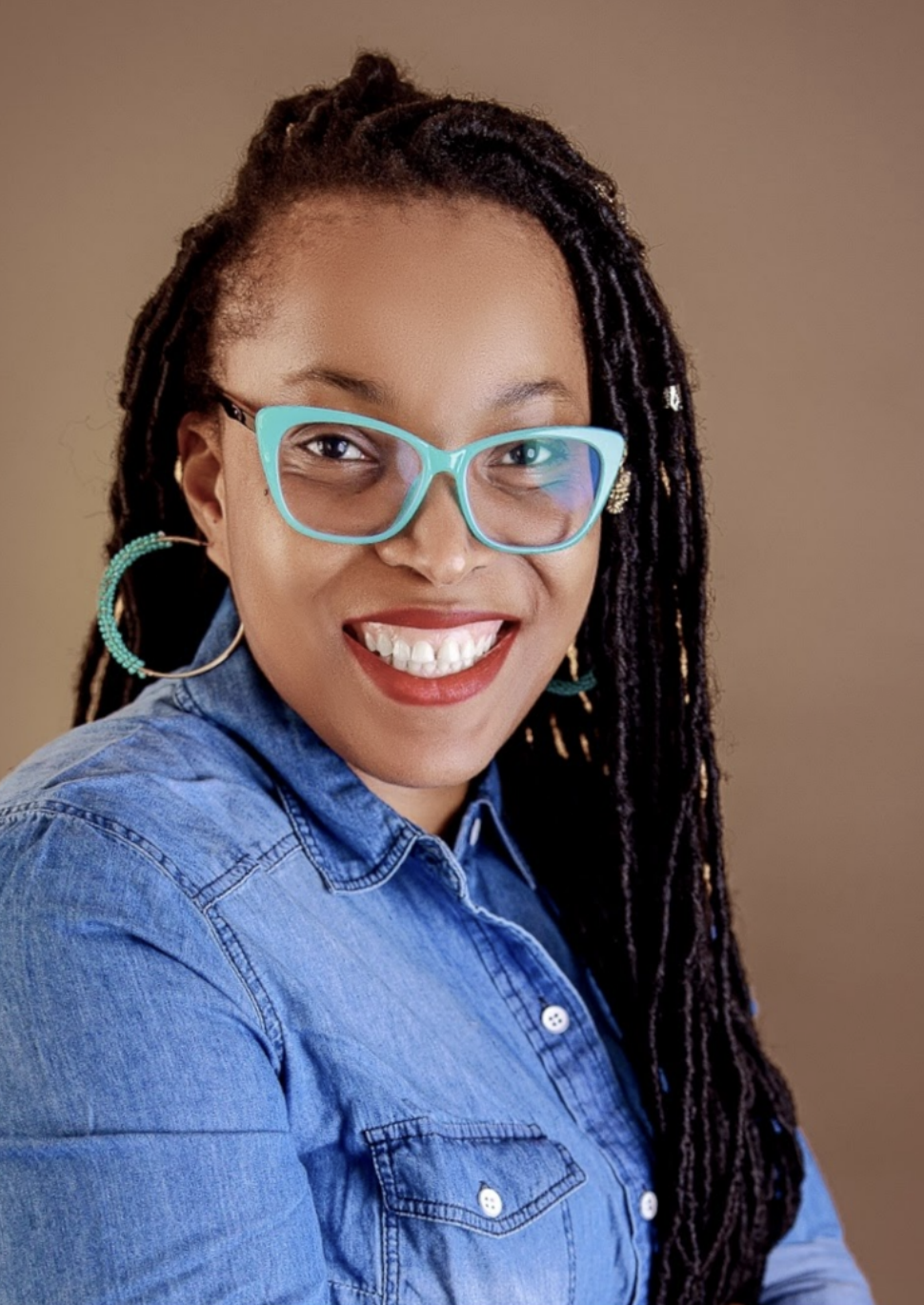
Our Team
Our Staff.
-
National DirectorAlisa is passionate about social, economic, and environmental justice and working collaboratively to dismantle systems of oppression. Alisa is a certified Project Management Professional (PMP) with a master's degree in International
Community Development from the University of Calgary. She has nearly 20 years of experience as a community developer in Calgary co-creating and managing local and international projects in project design, implementation and evaluation. With a focus on social justice and human rights, Alisa has worked in the fields of homelessness and poverty reduction, gender-based violence, and most notably counter-human trafficking.
"The work of the End FGM Canada Network is to strengthen and support systems that protect women and girls from FGM/C. This can only be done when people recognize this act as a human rights violation and crime within Canada. We must continue to work together to end all types of gender-based violence."
-
Digital Communications Officer
Our Board.
-
Maryan Abdikadir has been a human rights campaigner for decades. She has worked at the grassroots and national policy levels to combat gender based violence in Kenya. Maryam came to Canada in the fall of 2019. She wanted to save her daughter Khadija from FGM/C. As soon as she arrived, she joined Canadian activists working on this issue. Maryam herself is a survivor of female genital mutilation/cutting. She now uses her pain to help end this human rights abuse. There was a time Maryam didn’t question what was done to her. She thought it was a religious requirement. But after she met other Muslim women who were not cut she discovered that FGM/C is not an Islamic obligation. Since then she has been on a journey to pass that piece of liberating information to her community. Maryam is now studying for her Master’s Degree in Anthropology from Memorial University in St. John’s Newfoundland.
“I am one hundred per cent committed to save girls from Female Genital Mutilation, both in Canada, my native Kenya, and the rest of the world. No girl should go through this terrible pain; no girl should suffer what I suffered. FGM/C is human rights abuse, it’s child abuse, it’s sexual abuse. It must stop.”
-
Giselle Portenier is a journalist and filmmaker with a passion for human rights, especially the human rights of children and women. Her ground-breaking documentaries have helped change minds, hearts, and even laws. Her most recent award-winning film is In The Name Of Your Daughter. This documentary is about the brave Tanzanian girls who risk their lives to escape from female genital mutilation and child marriage. Portenier has written about FGM in the global and the Canadian contexts. Through In The Name Of Your Daughter she connected with three other women concerned about the lack of Canadian action. Together they co-founded the End FGM Canada Network.
“I helped found this network because I believe that female genital mutilation/cutting is a Canadian issue too. FGM/C is the worst systematic abuse of girls’ and women’s human rights in the world today. And it's, perpetrated by the very people who are supposed to protect them from harm. FGM/C is not an ‘over there’ issue. It’s an issue right here in Canada, where we have thousands of survivors and girls at risk. And yet little is being done to support survivors or to protect girls. Our goal is to change that.”
-
Blessing Timidi Digha is a Black woman, feminist, advocate, storyteller, and community-based Researcher. She brings all her intersections and ideologies to the work she does on Gender-Based Violence and Sexual Reproductive Health and Rights. She likes to kickstart very uncomfortable conversations on issues that concern, affect, and impact girls and women.Blessing has recently join us part-time as an Advocacy Campaign Coordinator.
“No form of violence against women exists in a vacuum. Female Genital Mutilation is linked to other forms of violence perpetrated against girls and women”
-
Jennifer Foulds believes in the power of communication to support social change. She began her career in journalism, working for CBC national radio but soon decided she wanted to play a role in advocating for change on critical issues, including gender equity, sexual and gender-based violence, global health and environment. Over the past 15 years, she has led communications for international development, environmental and mental health non-profit organizations. During her decade-long tenure at Amref HealthAfrica, Jennifer served as the co-chair of the communications and advocacy pillar of the organization’s End FGM/C Centre of Excellence, based in Kenya. She also served as a member of the core organizing group for the Global Platform for Action to End FGM/C, founded in 2019.
“We all have a role to play in ending female genital mutilation/cutting and ensuring support for survivors. Ending the silence that surrounds FGM/C in Canada is a vital step to creating the necessary change. I’m proud to join the End FGM Canada Board of Directors to help raise awareness and bring about policy change.”
-
Meseret Haileyesus is an intersectional feminist and a social justice advocate. She works for accessible sexual and reproductive health care and economic empowerment for women. Another priority is ending gender-based violence. Meseret is a midwife and public health practitioner. For more than a decade, she has collaborated on projects with non-profit organizations both in Canada and abroad. These initiatives focus on gender-based violence, gender equality and accessible maternal health care.
Meseret is the Director of the Canadian Center for Women Empowerment. The centre raises awareness on economic justice. She also founded Maternity Today. She is also a member of several Canadian and international organizations focusing on gender equality
Meseret has long been a powerful advocate for the rights of survivors of female genital mutilation. She uses her voice to fight for the end of this cruel and inhuman practice.
"I come from a country where 90% of women are mutilated. I've seen the harmful obstetric consequences of this practice, including maternal mortality. I believe FGM is a violation of girls and women's basic human right to life, dignity, and health. Sadly, FGM is a neglected tragedy in Canada. Our girls are being taken abroad for vacation cutting. The Canadian government must undertake efforts to mitigate the impact of FGM. I joined the End FGM Canada Network to help engage policymakers. We want them to understand the magnitude of the problem. We want to help enhance the well-being of survivors in Canada."
-
Klara Hillmann graduated from Simon Fraser University with a master’s degree in public policy in 2019. In her thesis she focused on female genital mutilation/cutting in Canada. She soon learned about the gaps and lack of action to address FGM/C in Canada. To address these gaps, Klara’s research explored other countries' policies and strategies on FGM/C. This work led her to connect with other activists in Canada. Together they decided to start the End FGM Canada Network. Before she came to Canada in 2017, Klara interned with Terre des Femmes in Germany. At Terre des Femmes she supported the EU co-funded project CHANGE Plus. CHANGE Plus aims to change attitudes and behaviour towards FGM/C within practising communities in Europe. Klara now works in policy and regulations in British Columbia.
“I was shocked when I discovered how far behind Canada is in addressing female genital mutilation/cutting. But I also found inspiring people and organizations determined to make change. They work to shed a light on FGM/C, to help protect girls and support survivors. In Europe, I saw how successful FGM/C collaboration can be. That’s why I helped create our network: to connect us in the End FGM/C movement; to combine and strengthen our efforts. Female genital mutilation/cutting is a global issue, it is a Canadian issue. It is time to step up our efforts to protect girls and support survivors.”
-
Alia Rahman calls herself a "lifetime activist." From early on, her mother taught Alia about the injustices committed against girls and women around the world. The first book Alia borrowed from her local library's adult section in 1997 was about FGM/C. She was only 11. And that's how her activism started. Her passion to bring about holistic change in this arena has continued for more than two decades. The concept of "My Issue Too" has been at the core of all her social work, whether it's animal rights and environmental justice or the rights of women and girls. Alia is an entrepreneur and engineer. She works on high-impact technological solutions that tackle some of the biggest challenges that face us today.
"I joined the network because more has to be done in Canada to tackle the issue of FGM/C. There are more than 200 million survivors in the world today. In Canada, there are no official statistics. Still, there are probably upwards of 100,000 survivors. There is a real lack of knowledge about FGM/C here. I believe it to be one of the greatest violations of human rights. At the same time, I understand that so-called cultural practices are complex to resolve. My goal with the network is two-fold: sexual pleasure is a human right, and the shame is not the survivors to carry. No one should ever have to feel alone, hidden, or silenced in the face of this issue.”










